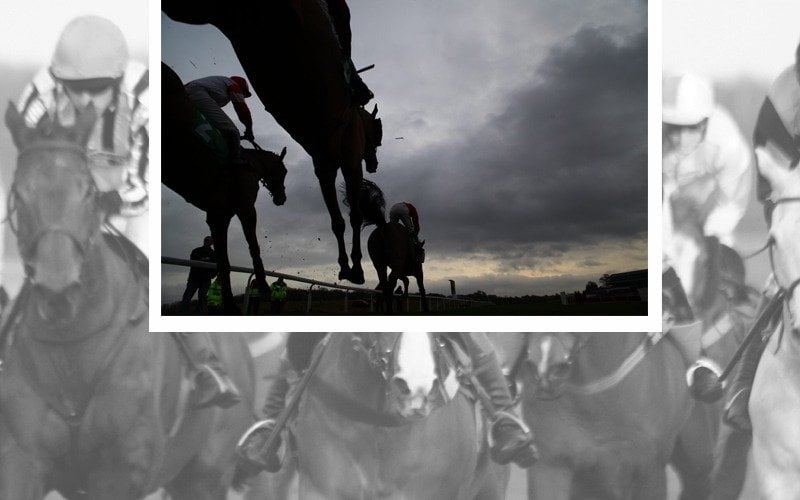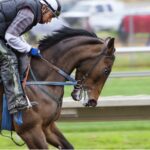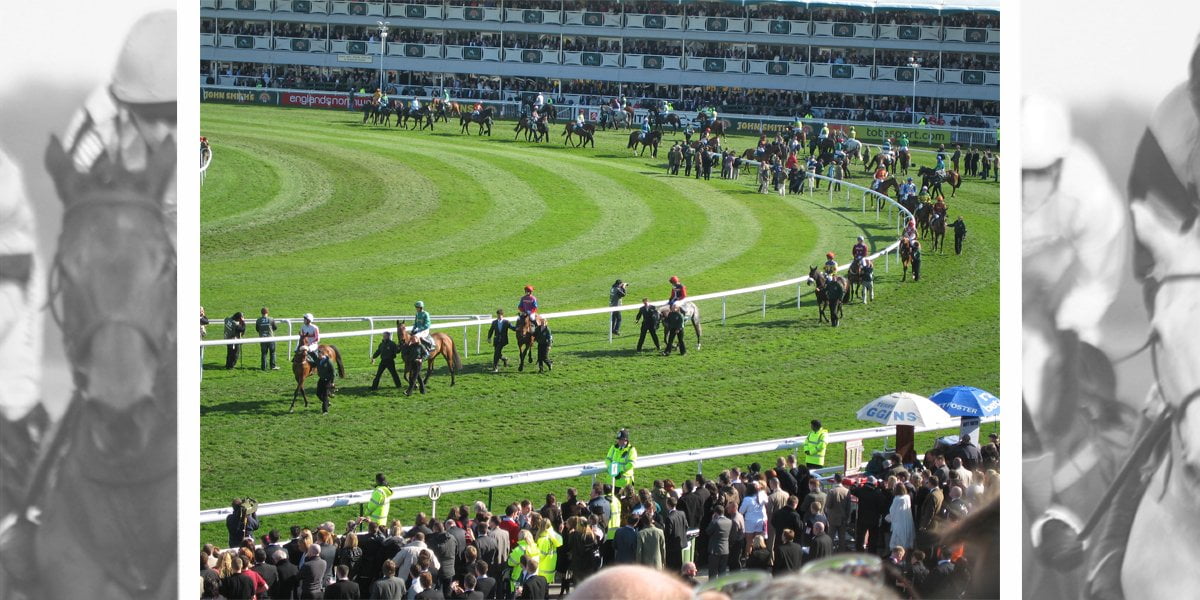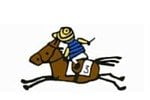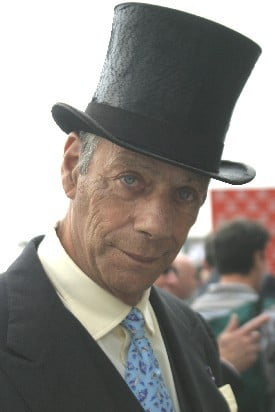 The TNT July Stakes is the oldest two-year-old race staged in Britain with a history dating back to 1786 when Lord Clermont’s Bullfinch took the inaugural spoils.
The TNT July Stakes is the oldest two-year-old race staged in Britain with a history dating back to 1786 when Lord Clermont’s Bullfinch took the inaugural spoils.
Jubilator scored 12 months later to give Clermont the first two July Stakes and the owner landed his third win in six runnings when Trumpetta took the 1791 renewal.
The six-furlong race was originally contested over an extended five furlongs of the Bunbury Course and had the unusual condition that horses sired by Eclipse and Highflyer should carry three pounds extra, such was the dominance of the two great stallions of the age.
The race has witnessed some exceptional winners, most notably the great mare Sceptre who took the 1901 July Stakes before going on to secure turf immortality the following year when she became the only horse to win four British Classics. Her one failure came in the Derby when, recovering from a minor ailment, she finished fourth to Ard Patrick.
Orlando took the 1843 renewal and was subsequently awarded the following year’s Derby upon the disqualification of Running Rein who, it transpired, was actually a four-year-old named Maccabeus.
The 1849 Derby winner The Flying Dutchman won the previous season’s July Stakes, while the Duke Of Portland’s 1889 Derby hero Donovan also took the Newmarket prize as a two-year-old.
The 1941 victor, the Aga Khan’s Ujiji, went on to finish third in the Derby before capturing the 1943 Gold Cup at Ascot but since World War II the race has generally gone to speedier types.
Nimbus in 1949 added the 2000 Guineas to his July Stakes win, while the Harry Wragg-trained Darius is the most recent horse to complete that same double when taking the Rowley Mile Classic in 1954.
Camballo, the 1874 July Stakes winner was the first horse to add the 2000 Guineas the next spring and a total of eight horses have won both races, the remainder being Enterprise (won the July Stakes in 1886), Kirkconell (1894), Sceptre (1901), Gorgos (1905) and Mr Jinks (1928).
James Bethell saddled the longest-priced winner of the July Stakes in recent times when the grey colt Rich Ground scored at 40/1 in 1996, while the shortest-priced winner came in 1949 when the Aga Khan-owned Diableretta won at the prohibitive odds of 1/40.
Lorenzaccio won the 1967 July Stakes for trainer Noel Murless and later caused a major shock when defeating Nijinsky in the 1970 Champion Stakes.
The 1985 renewal went to the Sir Michael Stoute-trained Green Desert under Walter Swinburn and the same combination returned triumphant to the course and distance 12 months later in the July Cup.
More recently, trainer David Loder landed a hat-trick of victories with City On A Hill (1999), Noverre (2000) and Meshaheer (2001). Noverre went on to win the Group One Sussex Stakes the following year and was also disqualified from first place in the Poule d’Essai des Poulains (French 2,000 Guineas).
The race was confined to colts and geldings in 1976 and was run as a Group Three contest until 2003 when the Michael Bell-trained Nevisian Lad, ridden by Kieren Fallon, was the first winner of a Group Two July Stakes.
The July Stakes has only once been staged away from Newmarket when a war-time contest was held at Windsor in 1944 after a two-year hiatus.
Frank Butters is the most successful trainer in July Stakes history. He saddled seven winners of the race beginning with Fairway in 1927 and concluding with Diableretta in 1949. His haul also included the victory of subsequent Oaks and Irish Oaks heroine Masaka in 1947.
Gordon Richards partnered Rivaz (1945), Masaka and Diableretta for Butters and his total of six wins in the July Stakes, one of which was the Windsor renewal aboard High Sheriff, makes him the joint winning-most rider alongside George Fordham, whose six successes came between 1861 (Tolurno) and 1878 (Ruperra).
Henry Cecil, with five wins, is the most successful current trainer, while Kieren Fallon, Frankie Dettori and Jimmy Fortune have three wins apiece, making them the most successful current jockeys.
Fortune partnered his third winner in 2007 when steering the Peter Chapple-Hyam-trained Winker Watson to a short-head victory over River Proud, despite carrying a 3lb penalty for winning the Norfolk Stakes at Royal Ascot.
Classic Blade provided trainer Tom Dascombe and jockey Richard Kingscote with their first Group-race triumph in 2008.
Arcano was three quarters of a length superior to Orpen Grey in 2009, and enhanced the form of the race at Deauville next time when he captured the Group One Prix Morny from subsequent StanJames.com 1000 Guineas winner Special Duty, with the 2010 Irish 2,000 Guineas and St James’s Palace Stakes winner Canford Cliffs in third.
Pictured: Henry Cecil
Allison is the Publisher of Eclipse Magazine. She loves going to the Races and is learning to bet (despite being officially the worst bettor in the History of the Universe), there’s a lot more to learn…



